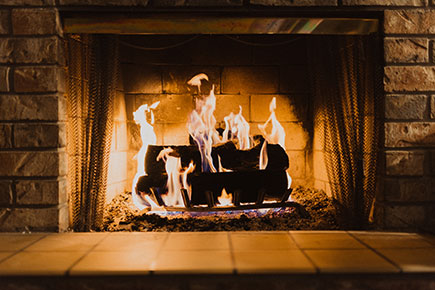Burning wood for heat emits fine particulate matter (PM2.5) and volatile organic compounds (VOCs), which can eventually form more PM2.5 through chemical reactions in the atmosphere. This study seeks to measure the composition of PM2.5 and how it relates to temperature, day of the week, and heat deficit in an attempt to understand if policy and public awareness about wood burning have improved the contribution of woodsmoke to PM2.5 levels during pollution events. This study will use positive matrix factorization (PMF) to determine which factors (temperature, burn bans, heat deficit) are linked to PM2.5 levels, while accounting for changing meteorology and the possible influence of non-local or non-wood burning PM2.5 sources.
- Principal Investigator: Kerry Kelly (UU)
- Study Period: 1 July 2019 – 30 June 2020
- Funded for: $25,215
- DAQ Contact: Chris Pennell (cpennell@utah.gov)

Related Project Lists
Relevant Documentation
- Wood Burning Trends on Utah’s Wasatch Front (8 MB)
- Scope of Work (35 KB)
- Final Report (5 MB)

